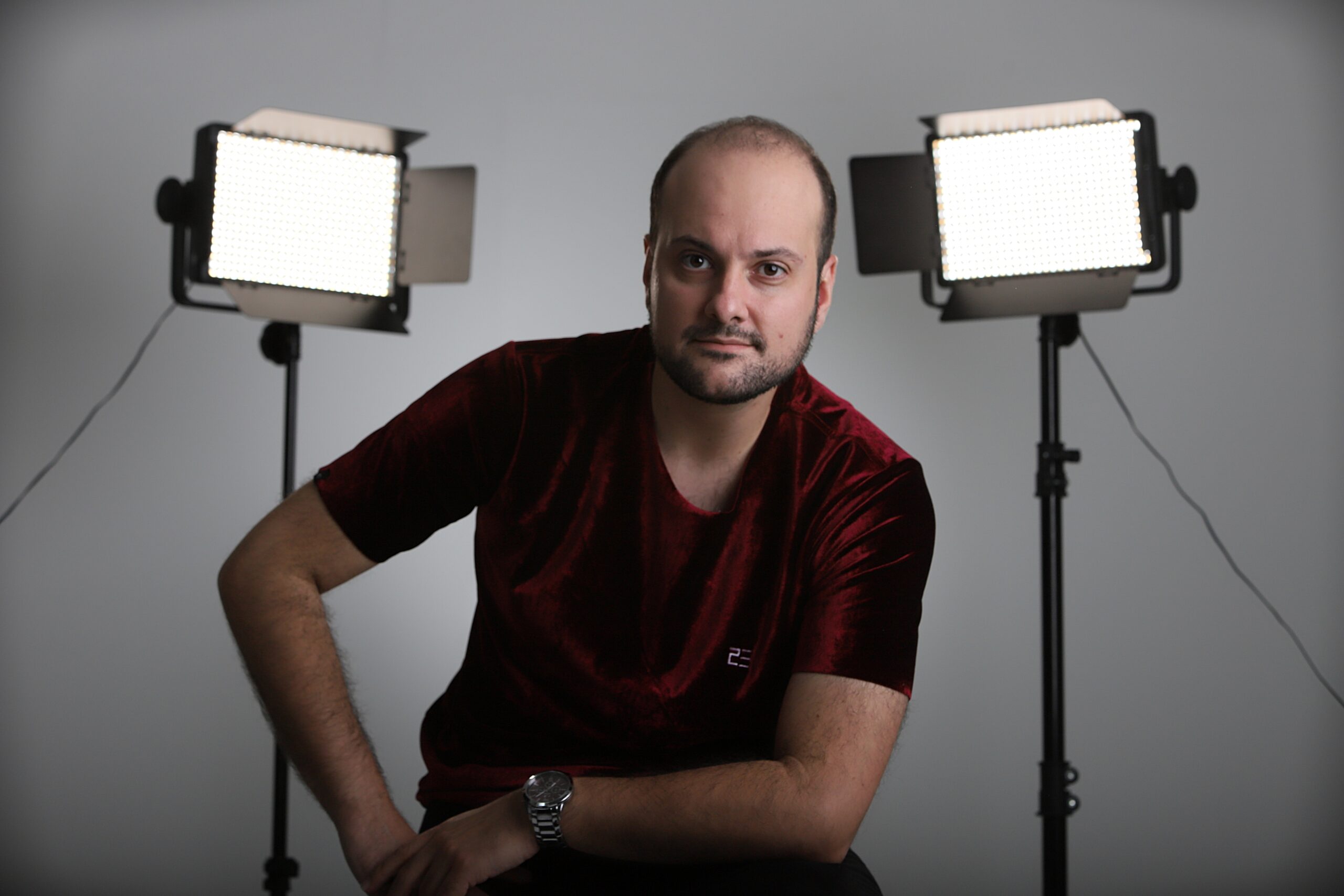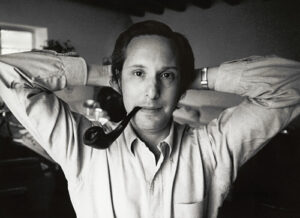“I feel connected. This is the word. It’s like I’m part of something and everything makes sense; connected to this fire, this tree, these bugs, and I want to feel like that all the time – like everything is bigger than me.”
This is what one of the deeply human characters reflects alongside her husband, while the children of a couple of friends sleep in their cabin, in this Roxanne Benjamin film. The six of them go for a weekend to connect with the countryside, far away from society, to go on an adventure in the forests and reconnect with themselves.
Connection is not a random word for Roxanne Benjamin in this movie. It is exposed since the begining, when the couples have aggressive actions or behaviors that put the relationships in check. Who is the person you’ve been relating to for so long, who might they become, and how does that resonate with others? The synthesis of this powerful film is already witnessed from the first scene.
The filmmaker knows that – to evoke an escalating tension – she needs a public understanding of who these people were before and who they become afterwards. All have their particularities highlighted in the first half hour of the film. They are all human and real. Mom Ellie (Amanda Crew) overcome by a mixture of child-joy after a swinging party among friends, Dad Thomas (Carlos Santos) doubts his own ability to provide pleasure to his wife, while the couple of friends, Ben (Zach Gilford) and Margaret (Alisha Wainwright), are happy to get away from the city and their own painful lives, such as live with other people’s children without the responsibility of raising them.
It is the suggestion of a strong and bright light coming from the dark that disturbs the environment. Lucy (Briella Guiza) and Spencer (David Mattle) are the only ones who can see the light. In a way, the child’s contact with horror was always present with a mixture of enthusiasm, admiration and naivety – whether faced with a monster or a supernatural presence. Roxanne, the director, is interested in the first suggestion of this contact and how it affects them, but without forgetting the people who will perceive this moment too.
Zach Gilford excels and serves as the bridge between ordinary and supernatural weirdness – being able to tell the difference between a couple of friends having a natural problem in a relationship to a children’s violent problem. It is through his eyes, at first, that the premeditated horror appears. A horror that couldn’t be human.







